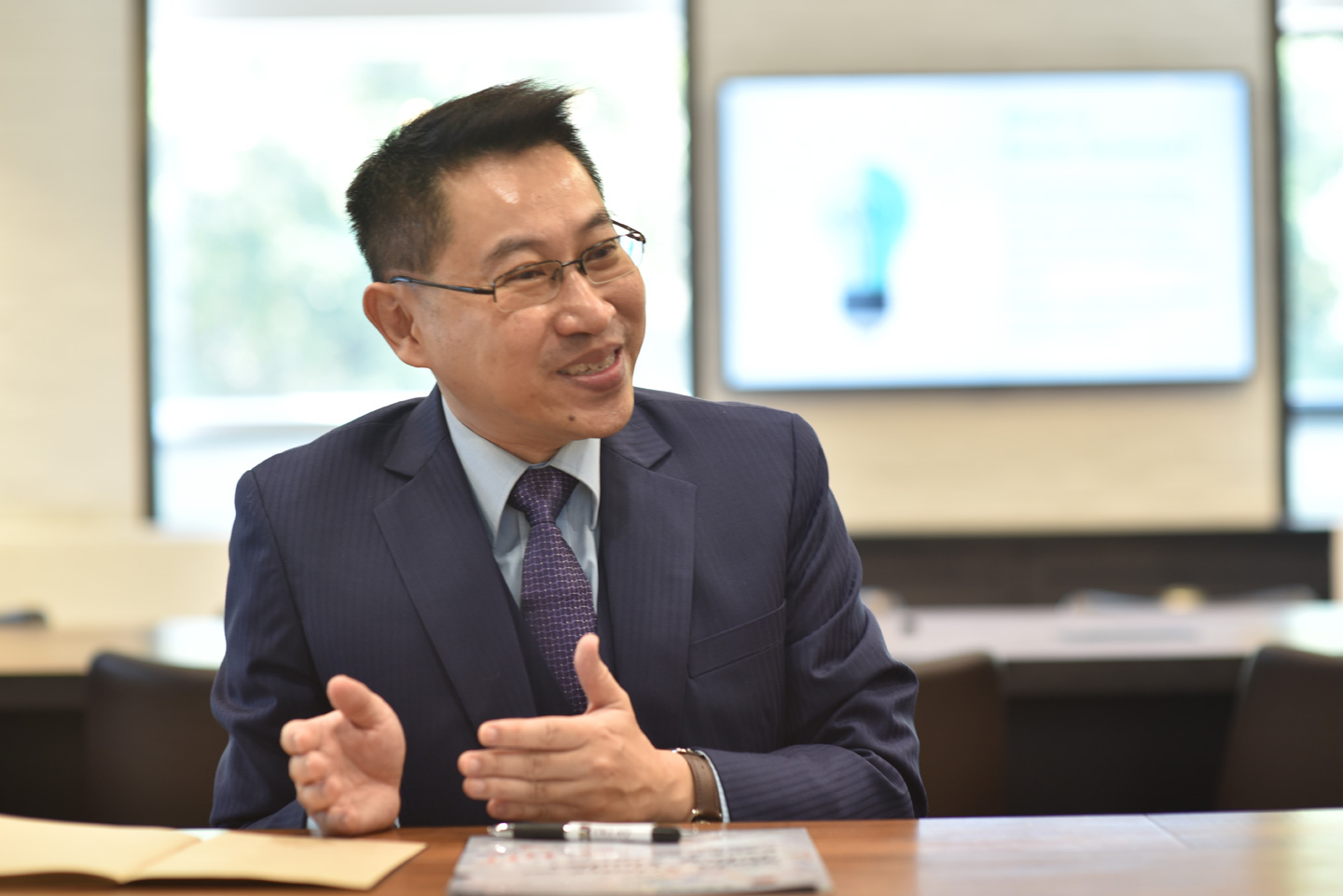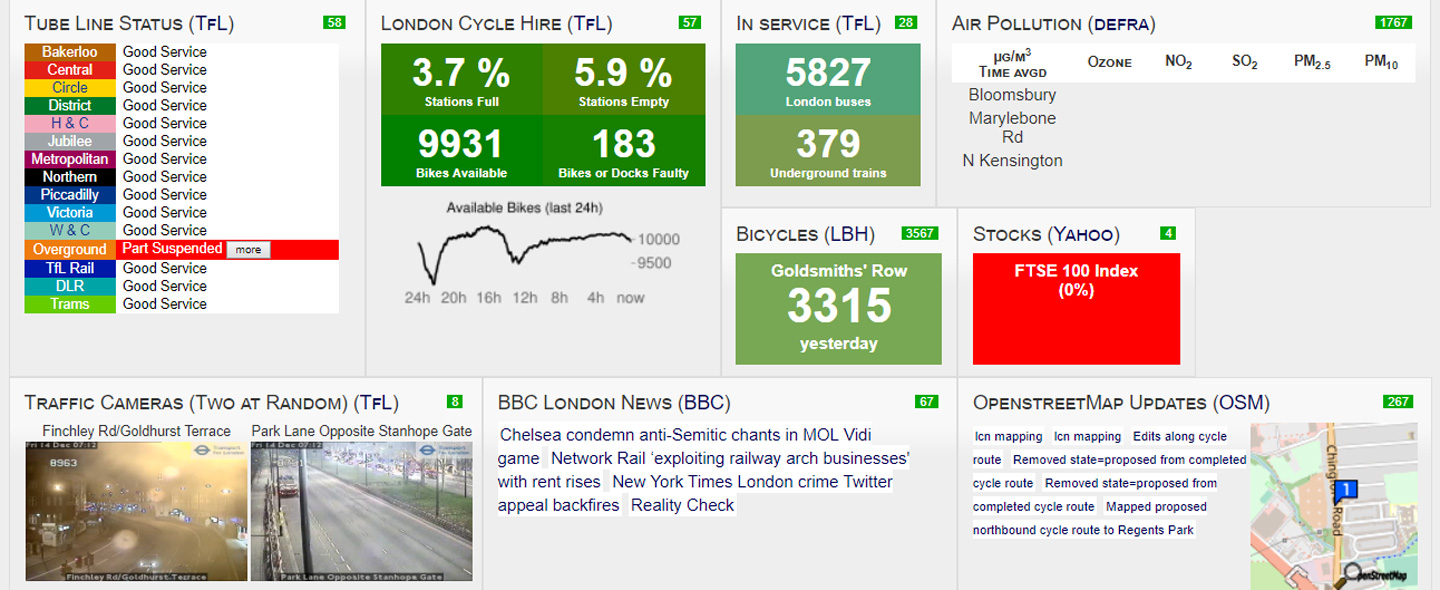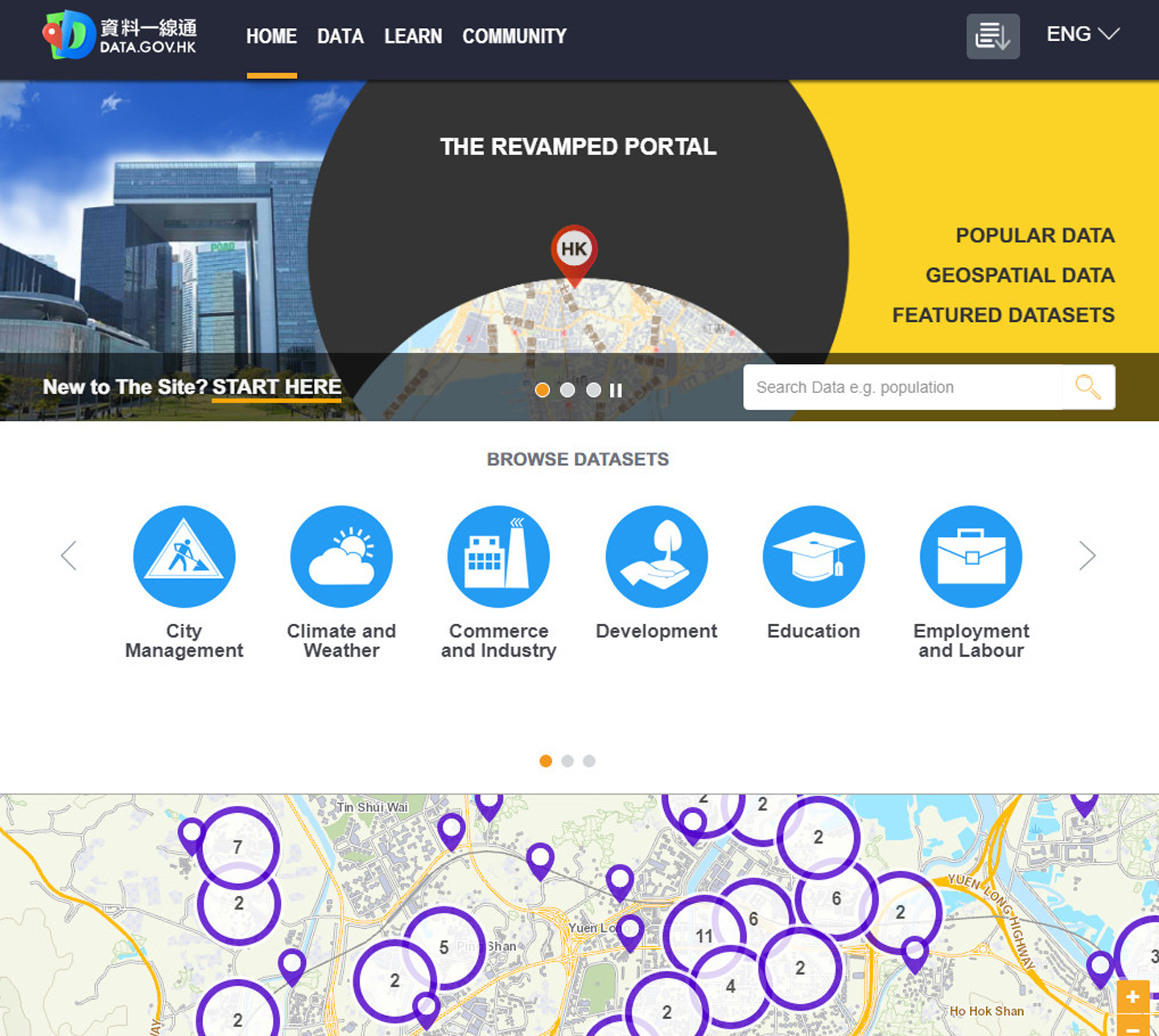Dear readers, With the launch of e-newsletter CUHK in Focus, CUHKUPDates has retired and this site will no longer be updated. To stay abreast of the University’s latest news, please go to https://focus.cuhk.edu.hk. Thank you.
From Good Numbers to Good Governance
The new Data Science and Policy Studies Programme

According to the Department of Health’s statistics, 56.8% of secondary school students and 26% of upper primary school pupils had taken alcoholic drinks in 2014/15, indicating that alcohol consumption is common among youngsters. A new law has come into effect on 30 November to prohibit the sale of alcoholic beverages to under-18s.
Numbers can tell the stories of our society, unveiling social problems and highlighting trends. How we interpret data shapes how we view our world. How the government interprets data shapes its policies and thus formulates the future of our society.
Data science is not new. It has been widely used by governments and businesses. Many universities overseas have offered data science programmes with emphasis on commercial applications. Singapore is planning to offer formal training in data science to around 20,000 of its civil servants. Seeing the potential of the application of data science in public administration, the Faculty of Social Science is offering a new undergraduate programme—‘Data Science and Policy Studies’—in 2019. The Director of the programme, Prof. Wilson Wong, said, ‘Data science can be applied to any policy area.’

A Good Analytic Tool for Planning
The new interdisciplinary programme requires its students to take required courses such as Research Methods for Policy Studies, Data Analytics for Public Policy, and Policy Analysis and Design Thinking, and elective courses which are offered by the programme, Faculty of Science and the Faculty of Engineering, such as Data Science and Regulation, Programming Big Data Systems, E-Commerce Data Mining. The curriculum also covers artificial intelligence, specifically on how to train computers to mimic human beings to do data analysis.
Data science can easily be taken for statistics. Both involve drawing conclusions from a series of calculations. Professor Wong explained the difference between the two: ‘Data science combines many disciplines including statistics which is an integral part of it.’ Take public health as an example. Statistics can prove the correlation between a disease and a geographic location, i.e., the population living in a particular area are more likely to be infected. But it cannot explain why or suggest any preventive measures. Data science, on the other hand, involves considerations from many more theoretical standpoints and is therefore in a better position to attempt a total solution to the issue.
Besides, data science is prognostic. For instance, overseas counter-terrorism authorities would monitor and analyse social media users’ backgrounds and behaviours such as the frequency of posting hateful comments, with the aims to identify high-risk suspects and put them under closer surveillance.

How to Sit Well With Laws and Ethics
The programme will also examine the ethical issues that arise from the rapid development of data science which exposes the inadequacies of current laws and regulations. This May, the European Union has just implemented the new General Data Protection Regulation, under which a company is required to report any data leakage within 72 hours. Hong Kong does not have similar regulations but the recent high-profile cases of data breaches should make us think again. Professor Wong said, ‘Introducing legislation is the third stage in the life of data science, after application and technical development.’
Professor Wong gave an example to illustrate the dilemma between data science development and ethics: ‘Suppose a government makes public the citizens’ genetic maps. If the genetic map of a citizen shows that he will develop a chronic disease in his thirties, and an employer decides not to hire him or cut his salary or welfare benefits, will this be considered discrimination?’
In addition to classroom learning, students in the data science programme will have opportunities of internship in government departments, non-governmental organizations and private enterprises to learn about the latest industry developments. Governments are expected to open up some of the data in their possession. On the other hand, the businesses have gathered massive customer data and will not be shy in analysing these data. All these require data science experts. As such, the graduates from the new programme can find themselves in high demand for a wide spectrum of jobs in the private and the public sectors.

The Government is sitting on a large amount of data which will be valuable to its agenda setting and policy implementation. Besides, open-access to public data is a trend that cannot be reversed. But what types of data should be made accessible, how, and how to ensure privacy will not be adversely affected require disciplinary training and knowledge. The use of data analysis in policy formulation will be a pillar of governance in the 21st century.
M. Mak
This article was originally published in No. 529/530, Newsletter in Dec 2018.